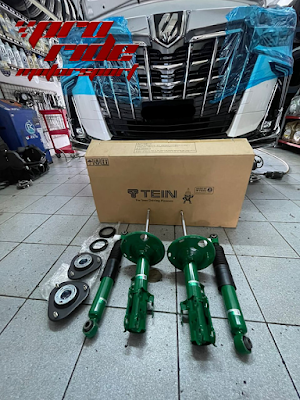What IS all that information on a motor oil bottle?
There’s a lot of detailed information provided on a motor oil container. It makes sense that you want to understand what’s inside that oil you’re putting into your car. Here’s the breakdown.
Motor oil viscosity and weight
The proper viscosity is the single most important criterion of a lubricating oil. Multiweight oils (such as 5W-30) have polymers added to the oil. The polymers allow the oil to have different weights at different temperatures. Multiweight oils perform a great service of not being too thick at cold startup to provide engine wear protection by flowing more quickly to critical engine parts. The first number, the 5W of the 5W-30 viscosity, for example, indicates the viscosity of the oil at a cold temperature; the second number indicates the viscosity at operating temperatures. The lower the first number the better flow ability at startup, especially at cold temperatures.
You should also be aware that multiweight oils are backward compatible. In other words, an 0W-30 can be used with a 5W-30. The second number is important.
Certifications
Motor oils can have several different industry certifications. These certifications represent an industry group of automakers in determining specifications standards for the oil manufactures. This includes the API Certification mark aka the “starburst” found on the front label. An oil displaying this mark meets the current engine protection standard and fuel economy requirements of the International Lubricant Standardization and Approval Committee (ILSAC), a joint effort of U.S. and Japanese automobile manufacturers.
The Association of Certified European Automakers (ACEA) develops standards for European vehicles, and oils that meet or exceed them can be used in their vehicles.
Additionally, the American Petroleum Institute (API) also has a certification – a donut with a two-letter rating – that appears on the back label. The API further defines the standards and tests for lubricant manufacturers to meet.
All these certifications are important because the oil you put in your car does make a difference. The standards keep changing to keep up with design changes in automobile engines, such as new turbocharger requirements.
OEM specifications
While the auto and petroleum manufacturers agree to basic industry standards, individual automakers may also develop specific oil performance requirements, such as the dexos1™ specification for all General Motors Co. vehicles manufactured in 2011 or beyond. Other automakers with specific requirements include Ford, Chrysler, Honda, Volkswagen, BMW and Porsche.
Always check your owner’s manual to see exactly what certifications and/or specifications your vehicle manufacturer requires. Then check the back label or ask your service provider if the oil meets those requirements.
Choosing the right oil for your vehicle
Choosing the right oil for your car is more than just looking at the viscosity, industry and automakers requirements. You also should consider the protection level you want. Our Mobil™-branded motor oil family offers a full spectrum of products so you can match not only the specs but the level of protection and performance that works for you.





Comments